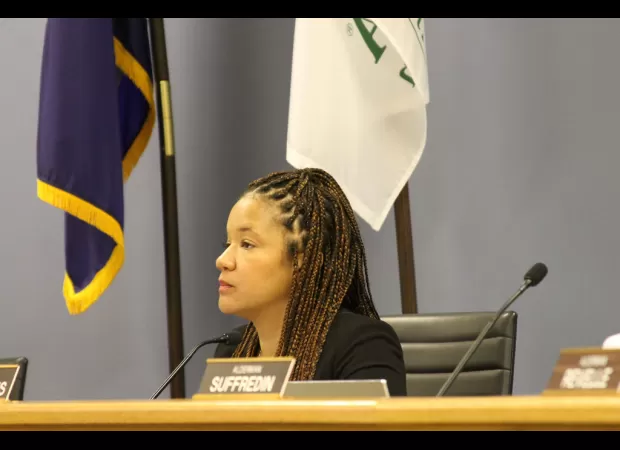Evanston Reparations Committee transfers funds to biggest Black-owned bank in US.
Liberty's services have helped new home buyers use their reparations as mortgage payments, with a total value of $1 billion.

Liberty's services have helped new home buyers use their reparations as mortgage payments, with a total value of $1 billion.


